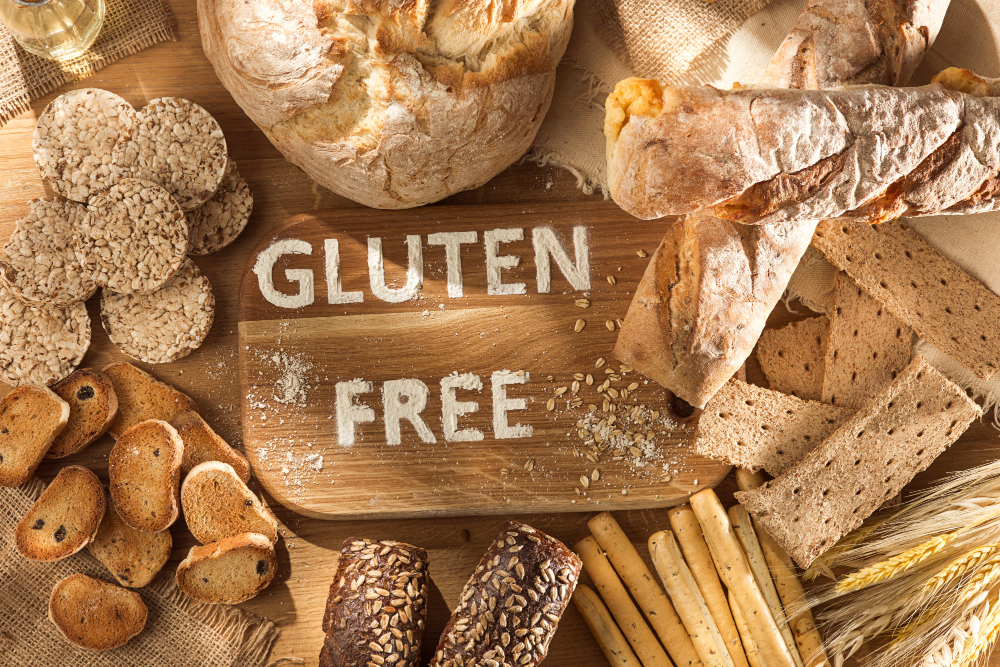The foods we eat play a crucial role in determining our energy levels and overall well-being. While some foods can provide sustained energy and vitality, others can leave us feeling fatigued and sluggish. To combat fatigue and maintain optimal energy levels throughout the day, it’s essential to be mindful of our diet and make smart food choices. In this article, we will explore foods that can contribute to fatigue and how to create a balanced diet that fuels your body with sustained energy.
- High-Sugar Foods
Foods high in refined sugars, such as sugary snacks, pastries, and sugary beverages, can lead to energy spikes and crashes. While these foods may provide a temporary boost in energy, they are quickly digested and can cause blood sugar levels to plummet, leaving you feeling tired and fatigued shortly after consumption. Opt for whole fruits instead of sugary treats to satisfy your sweet cravings and maintain stable energy levels.
- Refined Carbohydrates
Foods made with refined carbohydrates, such as white bread, white rice, and processed cereals, can cause rapid spikes in blood sugar levels similar to high-sugar foods. Like sugary foods, these refined carbs can lead to energy crashes and feelings of fatigue. Instead, choose whole grains like quinoa, brown rice, and whole wheat bread, which provide a slower and more sustained release of energy.
- Fried and Greasy Foods
Fried and greasy foods, such as French fries, fried chicken, and deep-fried snacks, can be heavy on the digestive system and lead to feelings of sluggishness and fatigue. These foods are often high in unhealthy fats, which can also contribute to inflammation and decrease overall energy levels. Opt for healthier cooking methods like grilling, baking, or steaming and choose foods rich in healthy fats like avocados, nuts, and olive oil.
- Processed Foods
Processed foods, including packaged snacks, fast food, and ready-to-eat meals, often contain high levels of sodium, preservatives, and artificial additives. These ingredients can contribute to inflammation and leave you feeling bloated and tired. Instead, focus on incorporating whole, unprocessed foods into your diet, such as fresh fruits and vegetables, lean proteins, and whole grains.
- Excessive Caffeine
While a moderate amount of caffeine can provide a temporary energy boost, excessive caffeine intake can lead to dependency and disrupt sleep patterns, ultimately contributing to fatigue. Additionally, caffeine is a diuretic, which can lead to dehydration, further exacerbating feelings of tiredness. Be mindful of your caffeine intake and consider herbal teas or decaffeinated options for hydration.
- Low Iron Foods
Iron is a crucial mineral involved in oxygen transport throughout the body. A diet low in iron-rich foods, such as leafy greens, beans, and lean meats, can lead to iron deficiency anemia, which is characterized by fatigue and weakness. Ensure that your diet includes sufficient iron-rich foods to support optimal energy levels.
The foods we choose to fuel our bodies can have a significant impact on our energy levels and overall vitality. Focus on a balanced diet that includes a variety of nutrient-dense foods, such as fruits, vegetables, whole grains, lean proteins, and healthy fats.
By making mindful food choices, you can fuel your body with the necessary nutrients to stay energized, alert, and ready to take on life’s challenges.
If you have specific dietary concerns or underlying health conditions, consult with a registered dietitian or healthcare professional to create a personalized and balanced meal plan that suits your individual needs.
Diet
-

Can Arthritis Sufferers Benefit From A Gluten-Free Diet?
The relationship between diet and health has led to increased interest in dietary interventions for various medical conditions, including arthritis. One such approach is adopting a gluten-free diet, which involves eliminating gluten-containing foods. This article explores whether going gluten-free can benefit individuals with arthritis, examining both potential advantages and drawbacks. Understanding Arthritis and Gluten Sensitivity…
-

How to Overcome the Allure of Processed Foods and Make Healthier Choices
-

Foods that Fuel Fatigue: Be Mindful of Your Diet to Boost Energy Levels
-

The Health Benefits of Dark Chocolate for the Heart
-

Unveiling the Health Benefits of Pickles and How to Find the Healthiest Options
-

Nourishing Your Bones: 6 Essential Foods for Osteoporosis Prevention
-

Stock Up with Healthy Snacks with These 10 Easy Tips








Leave a Reply